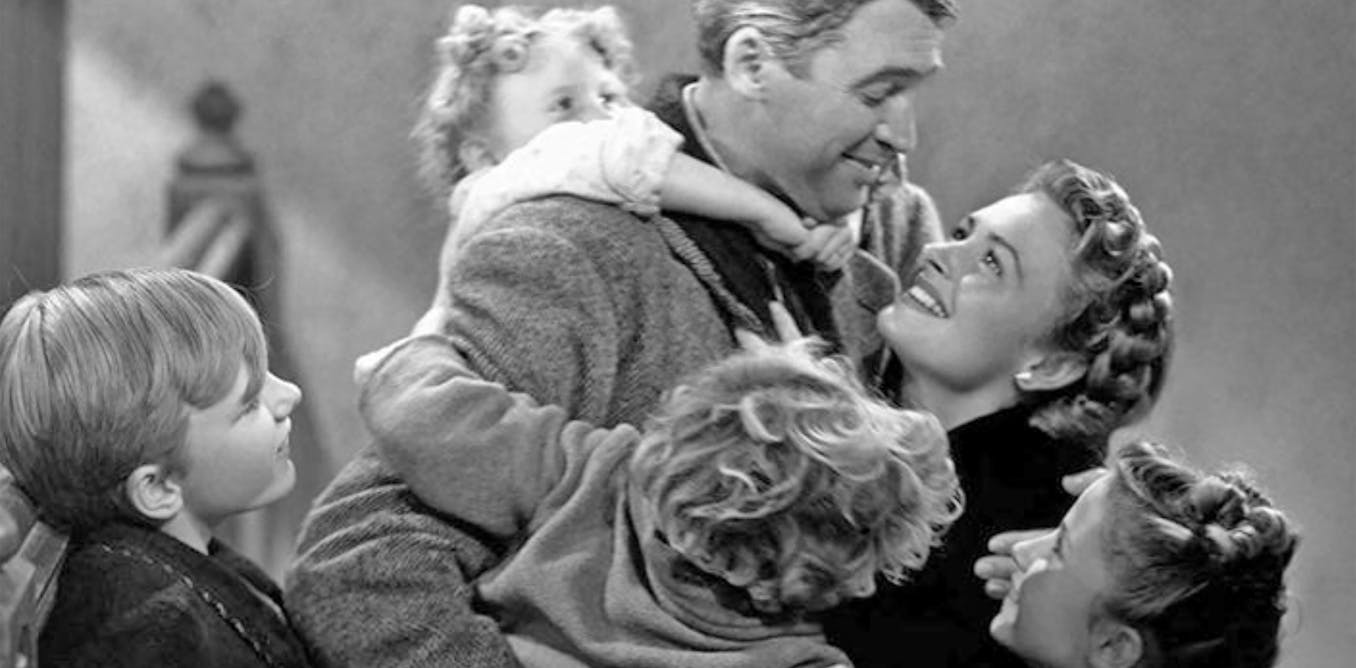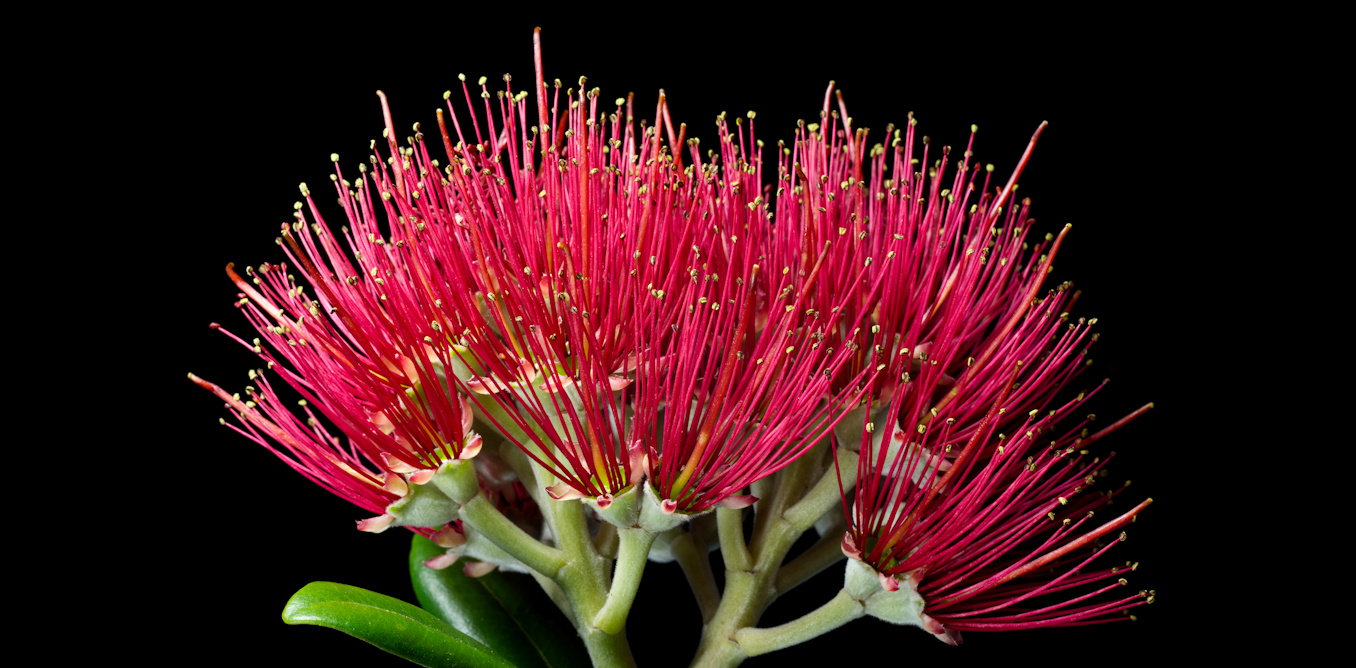In a surprising turn of events, reformist candidate Masoud Pezeshkian has emerged victorious in the Iranian presidential election. The former health minister secured over 16 million votes out of approximately 30 million cast during the runoff election, making him the clear winner. Pezeshkian was the sole reformist candidate permitted to run, while his opponent, hard-liner Saeed Jalili, garnered fewer than 14 million votes.
Jalili, an ultraconservative who staunchly opposes rekindling nuclear negotiations with Western nations, struggled to gain popular support in the election. The outcome marks the lowest voter turnout for a presidential race in the history of the Islamic Republic, with less than half of eligible voters participating.
The election results have sparked interest and concern both within Iran and on the international stage. In light of Pezeshkian’s victory, questions arise regarding potential shifts in Iran’s domestic policies and diplomatic relations. It remains to be seen how the new president will navigate the country’s stance on critical issues such as the nuclear deal and regional stability.
To gain further insight into the implications of Pezeshkian’s presidency, DW News spoke with Ali Fathollah-Nejad, Founder and Director of the Center for Middle East and Global Order. As Iran prepares for a new chapter under its newly elected leader, the world watches with anticipation to see how the political landscape will evolve in the coming days.
Watch the video by DW News
Video “Reformist Masoud Pezeshkian wins Iran presidential election | DW News” was uploaded on 07/06/2024 to Youtube Channel DW News







































